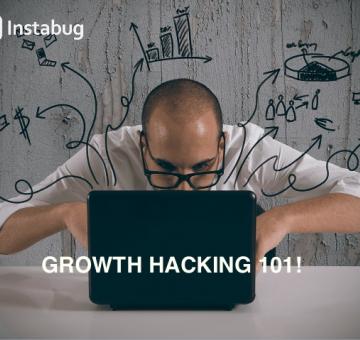Funding Entrepreneurship in Cairo (Part 1)

This article is part of the #urbaneconomies series originally published on Progrss and commissioned by district coworking space.
For the second instalment of the #urbaneconomies series, we look at the role of funding and policy in growing tech and non-tech entrepreneurship in Cairo, using Daniel Isenberg’s Domains of the Entrepreneurship Ecosystem as a guide.
Although the Egyptian government has long been an enthusiastic promoter of small and medium enterprises (SMEs), up until recently, financing institutions did not have a unified definition of what makes an SME. According to Haytham Waguih, Head of Private Equity (PE) at the Arab African International Bank (AAIB) and board member at the Egyptian Private Equity Association (EPEA), the absence of a single unified definition for SME has meant that investment funds and banks across Egypt often use very different parameters. Last December, the Central Bank of Egypt (CBE) released a circular re-defining small, medium and micro-enterprises – a move that Waguih lauds as key to establishing a solid foundation for funding entrepreneurs moving forward.
In January of this year, the CBE launched a program to finance 350,000 SMEs for EGP 200 billion (US $22.5 billion) over the next four years, with a declining interest rate of 5% annually, and introduced a policy that will oblige banks to commit 20% of their total loan portfolio to SMEs. But in spite of these recent policies, the government still lacks a systematic and methodical approach to address entrepreneurship, which, according to Waguih, is one of the keys to fostering a climate for the growth of the sector. “There is urgency and pragmatism in terms of developing a methodology and mechanism on the ground that are still lacking,” he notes.
According to Ayman Ismail, Assistant Professor and Abdul Latif Jameel Endowed Chair of Entrepreneurship and Director of the American University in Cairo’s Venture Lab, reform of the macroeconomic environment is key to attracting more entrepreneurs and businesses to Egypt – although he prefers a more minimalist role when it comes to government. “There are two types of interventions by the government: one is doing things themselves and the other is creating the environment to help people start doing things. I believe that the government should be a catalyst for more private accelerators and incubators by supporting them and creating a conducive environment for startups,” he says. “The biggest thing the government can do for entrepreneurs is to clear the bureaucratic hurdles. This helps all companies, but more so the younger ones that are more vulnerable.”
Vice President of the Information Technology Industry Development Agency (ITIDA) and Director of The Technology, Innovation and Entrepreneurship Center (TIEC) Hossam Osman has worked closely in overseeing the developing and execution of accelerator and incubator programs as well educational programs for youth. Although he believes that the government has a key role to play in growing the entrepreneurship ecosystem in Cairo, he admits that hands-on efforts are simply not scalable. “The government has to initiate and to somehow employ a hybrid approach. They have to sponsor others to do but also to do certain things. With time, we would like to withdraw from the doing and give more to the private sector. But you need a good governance mechanism to ensure transparency and to avoid moral hazards and opportunism, and we need to release other models to motivate the private sector to do things in partnership with the government.” He adds: “When we see a mature environment, we will be more than happy as a government to focus on the policy and other enabling factors.”
Stay tuned for part 2 of the second article in the #urbaneconomies series.
This article is brought to you by: 


































































EgyptInnovate site is not responsible for the content of the comments